
The last few years have seen a fantastic range of paperback releases, ranging from deep dives into the fungal kingdom, to enthralling explorations of lost British landscapes. In this blog post, we highlight some of our top picks that are sure to delight naturalists this festive season.
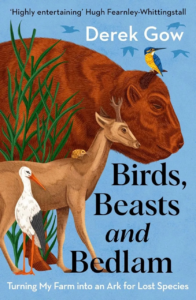
Farmer-turned-rewilder Derek Gow recounts his rewilding adventures, the realities of the practice and documents his work to save species in his Devonian farm. From Beavers to Glow Worms, Gow houses an array of animals, with hopes of one day releasing them into the wild.
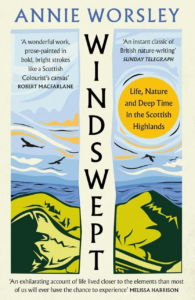
After taking the plunge to move to the remote highlands of Scotland, Annie learns of the raw beauty and force of this incredible habitat. This memoir tells the story of Scotland’s valleys, the glaciers that carved the landscape, the rivers that traversed through the mountains and how the earliest people established life in this forceful environment.
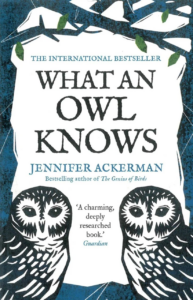
The natural history of owls is brought to life with a captivating blend of art and science in this charming work. Through revelatory new behavioural research, this touching book invites readers to take a glimpse into the lives of these creatures and discover how these birds have fascinated humankind for millennia. This book covers their evolutionary quirks, romantic relationships and parenting styles.
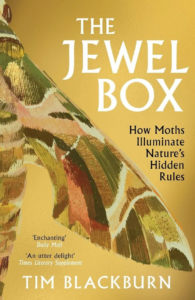
An enriching reflection on the magical creatures and colourful jewels that can be conjured from the darkness with moth traps. Inspired by the diversity within the trap on his London roof, Tim Blackburn considers how the insects found in a moth trap can tell you more about the workings of nature and how paying true attention to these species, their relations and their connections to the web of life, we can discover a greater truth.
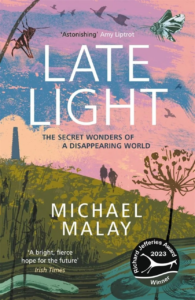
The winner of the 2024 Wainwright Prize for UK Nature Writing, this meditative book is a rich blend of natural history and memoir. It tells a story of migration, belonging and extinction through the close examination of four overlooked animals – eels, mussels, crickets and moths. Michael Malay tells the story of the natural world, alongside his own story, and delves into the lives of our animal neighbours.
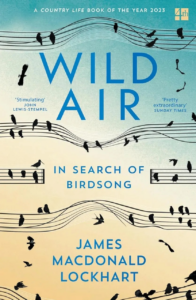
From shearwaters on coastal mountains to Nightjars on lowland heath, Wild Air provides readers with an audible introduction to eight birds and their habitat, each unique. The book is beautifully written as though the author is describing the bird song to his almost-deaf grandfather.
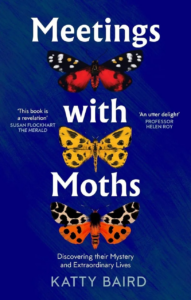
In search of Britain’s most beautiful moths, author Katty Baird explores Scotland to document and observe these striking, yet often overlooked, insects. From Green Longhorns to Pimpinel Pugs, Katty shares her passion and highlights the unique adaptations, ecological importance and extraordinary beauty of these creatures.
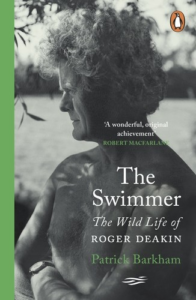
Written primarily through his own words, this unconventional biography of wild swimming champion and environmentalist Roger Deakin draws from notebooks, diaries, letters and recordings, with the help of friends and family, to bring his voice to life in this work.
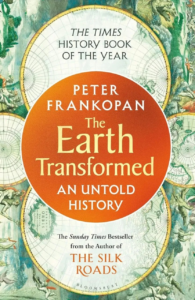
The Times Best History Book 2023, The Earth Transformed, paints a cautious environmental history on a big canvas. This groundbreaking work focusses on the impact of the environment on human history, and indeed how human history has impacted the environment. An epic Sunday Times bestseller, this work provides an expansive chronological history, from the big bang to present day, to understand how changes in natural patterns have shaped history and human evolution.
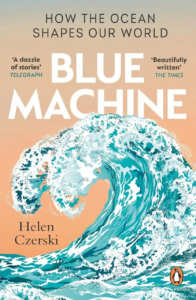
Dive deep into the inner workings of the Earth’s oceans with the winner of this year’s Wainwright Prize for Writing on Global Conservation. This timely book draws on years of experience at the forefront of marine science to illuminate the inner workings of the world’s oceans, and examines the people who live in it, rely on it and travel over it. This book elegantly explores this complex system and builds on knowledge that is crucial to our future.
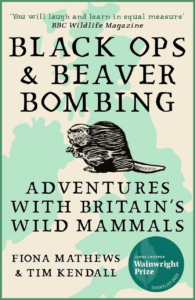
A lively and light-hearted peek into Britain’s mammals, as never seen before. From Pine Martens to Water Voles, this delightful book reveals the peculiarities of our wildlife and reveals the wonder of these creatures in the search of answers to the problems that beset them through scientific insight and comedic anecdotes.
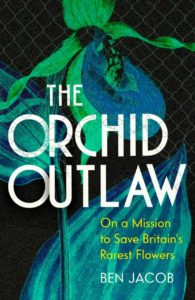
An inspiring reintroduction to Britain’s most endangered flora, The Orchid Outlaw is a splendid combination of memoir, natural history and call to action. Decimated by land use changes, climate change, inadequate protection and habitat loss, Britain’s 51 orchids are in desperate trouble. This book follows Ben Jacobs rescue journey which put him onto the wrong side of the law and saw his home turn into an orchid refuge.
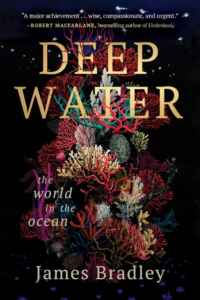
Through a thrilling blend of history, science and nature writing, James Bradley dives into the darkest corners of the natural world. In this personal meditation, Bradley delves into the history, science and ecology of our oceans and exposes the urgent threats on this ecosystem in a thought-provoking reflection on the relationship between humankind and the natural world.
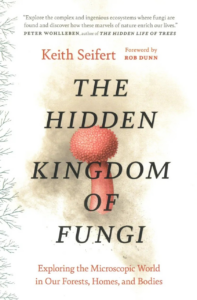
Authored by esteemed mycologist Keith Seifert, The Hidden Kingdom of Fungi explores the connection between the fungal kingdom and all life on earth, reveals how these organisms enrich our lives and investigates the environments in which they live. Venture into our homes, bodies, farms and forest to find out more about the rich world of fungi and learn about how these species have evolved and adapted over millions of years.
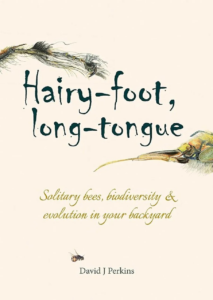
An accessible introduction to bee biology and diversity providing readers with an affordable alternative to a more technical handbook. Featuring themed double-page spreads, this book explores the complexities of solitary bees, their lives and evolution in an easily digestible format. Sections detail species diversity, taxonomy, anatomy and responses to climate change and feature over 400 drawings and photographs, most of which were produced by the author.

